Households Urged to Pour Washing Up Liquid Down the Drain in November to Stop Clogs
It's a quick and simple solution that solves blockages before they can even begin


While you may not think about drain maintenance until you find yourself having to deal with clogs in the kitchen sink. It's best, say our home maintenance pros, to deal with this issue of clogs before it even has a chance to happen.
Luckily, this preventative tip is simple, easy, and affordable. In fact, you probably already have the one thing you need in your kitchen.
Here, our pros explain why pouring washing-up liquid down the drain in November is an essential outdoor cleaning task that should be ticked off this month to avoid clogging headaches.
Households Urged to Pour Washing Up Liquid Down the Drain in November
To find out more about this DIY drain cleaning solution our professionals swear by, I spoke to Josh Mitchell, home maintenance and HVAC expert, and the founder of AirConditionerLab.
'Most people don’t think about their drains until they clog, but I like to treat them before winter hits,' he advises. 'Pouring a bit of washing-up liquid, followed by warm water, down the kitchen sink drain in November can help break down early grease buildup before it hardens in colder temperatures,' helping to fix a clogged sink and negate any reasons why yours won't drain.
'This trick works because the detergent cuts through the grease left behind from cooking, especially around the holidays when more oils and fats go down the drain,' which is why it's a home maintenance tip our experts never skip in their own properties.
'The warm water helps melt soft grease and push it along before it sticks and cools. This doesn’t fix major clogs, but it’s useful for preventing that slow, sticky buildup that catches food particles over time.'
Design expertise in your inbox – from inspiring decorating ideas and beautiful celebrity homes to practical gardening advice and shopping round-ups.
For that reason, if you're dealing with any particularly bad clogs and blockages, you'll still need to call in a pro. You should also never be tempted to pour boiling water down your drain or use vinegar and baking soda to unclog it.
You can, however, use an Alka-Seltzer hack to clear slow drains, and should pour vinegar down yours as an essential maintenance step in winter.
As Megan Doser, plumbing and HVAC expert and the owner and CEO at Doctor Fix It Plumbing, Heating, Cooling & Electric, adds, the reason it's important to do this quick and simple task in November specifically is that outdoor temperatures drop at this time of year, which can affect drains, as drain pipes often run through crawl spaces and near exterior walls.
'Indoor drains, especially in the kitchen, inevitably accumulate a thin layer of grease on the drainpipe walls, and the colder it is outside, the faster that grease thickens and traps food particles, creating clogs,' she explains.
Importantly, as Josh advises, it's important to only pour washing-up liquid down drains connected to your kitchen sink, not your bathroom or storm drains.
'Many household soaps contain surfactants that aren’t great for waterways or soil,' he explains. 'The kitchen sink routes through your home’s plumbing to a treatment facility, so it’s safer than dumping down drains that connect to stormwater systems or outside runoff.'
To further avoid any risk of contamination or damage to wildlife, we suggest using a natural dish soap, which you should have as part of your non-toxic cleaning supplies. For example, the plant-based ATTITUDE Dish Soap available at Amazon or the Seventh Generation Dish Soap Liquid available at Walmart will work well.
'Boil a kettle of water and let it cool for five minutes, then add three teaspoons of dish soap into about a quart of that hot water,' says Megan. You can use measuring spoons, available at Amazon, for this. 'Slowly pour the soapy mixture down the drain in stages, waiting a few seconds between pours, and finish with the rest of the hot water to rinse everything through.
'When you mix the soap first instead of just pouring it straight down the drain, you help it spread evenly and stick to the pipe walls, so it can actually dissolve the grease instead of just running past it.
'Even washing dishes by hand with a good amount of dish soap and warm water is a good practice in cold weather – but only if you use a drain strainer and make sure no cooking oils and food particles get down the drain.'
Finally, adds Josh, 'If it already smells or drains slowly, I’ll sometimes follow up with Green Gobbler Drain Clogs Dissolver available at Walmart as a backup option.'
What to Shop
All prices were correct at the time of publication.
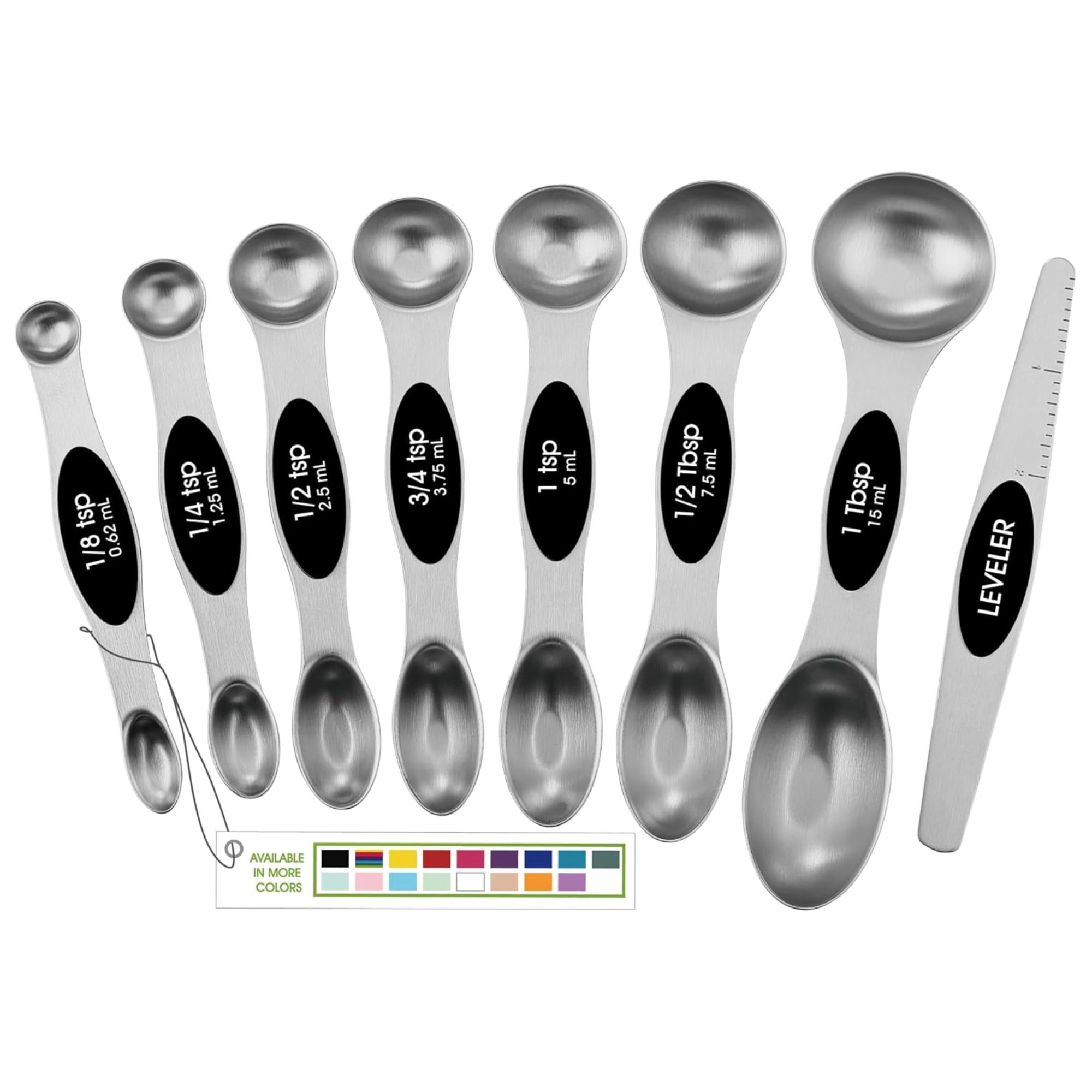
Make your measuring accurate with these heavy-duty measuring spoons made of premium stainless steel, which won't rust or bend over the years, even with everyday use.
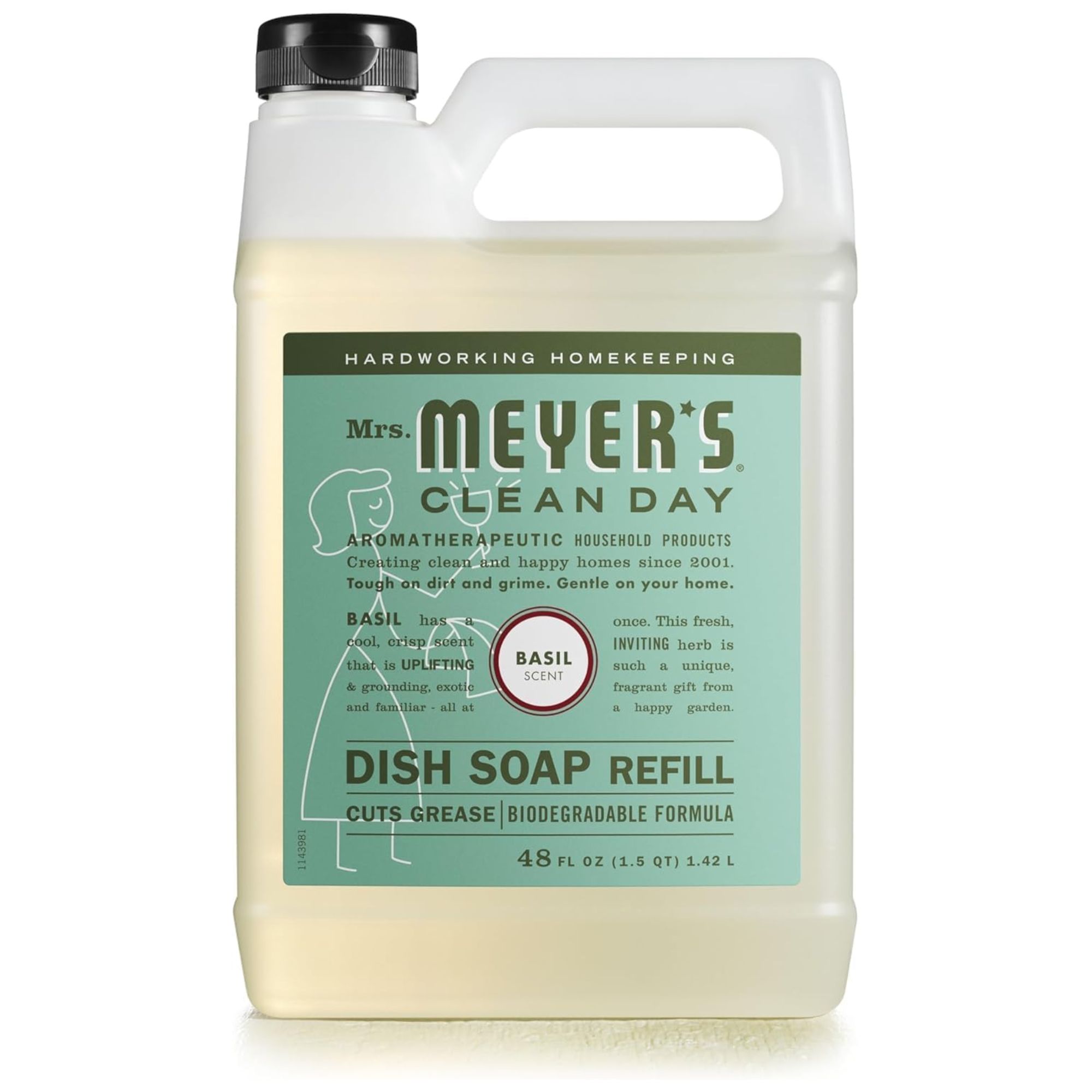
This dish soap is cruelty-free and Leaping Bunny certified, and is formulated without parabens, phthalates, or animal-derived ingredients, to prevent damage to waterways and wildlife.
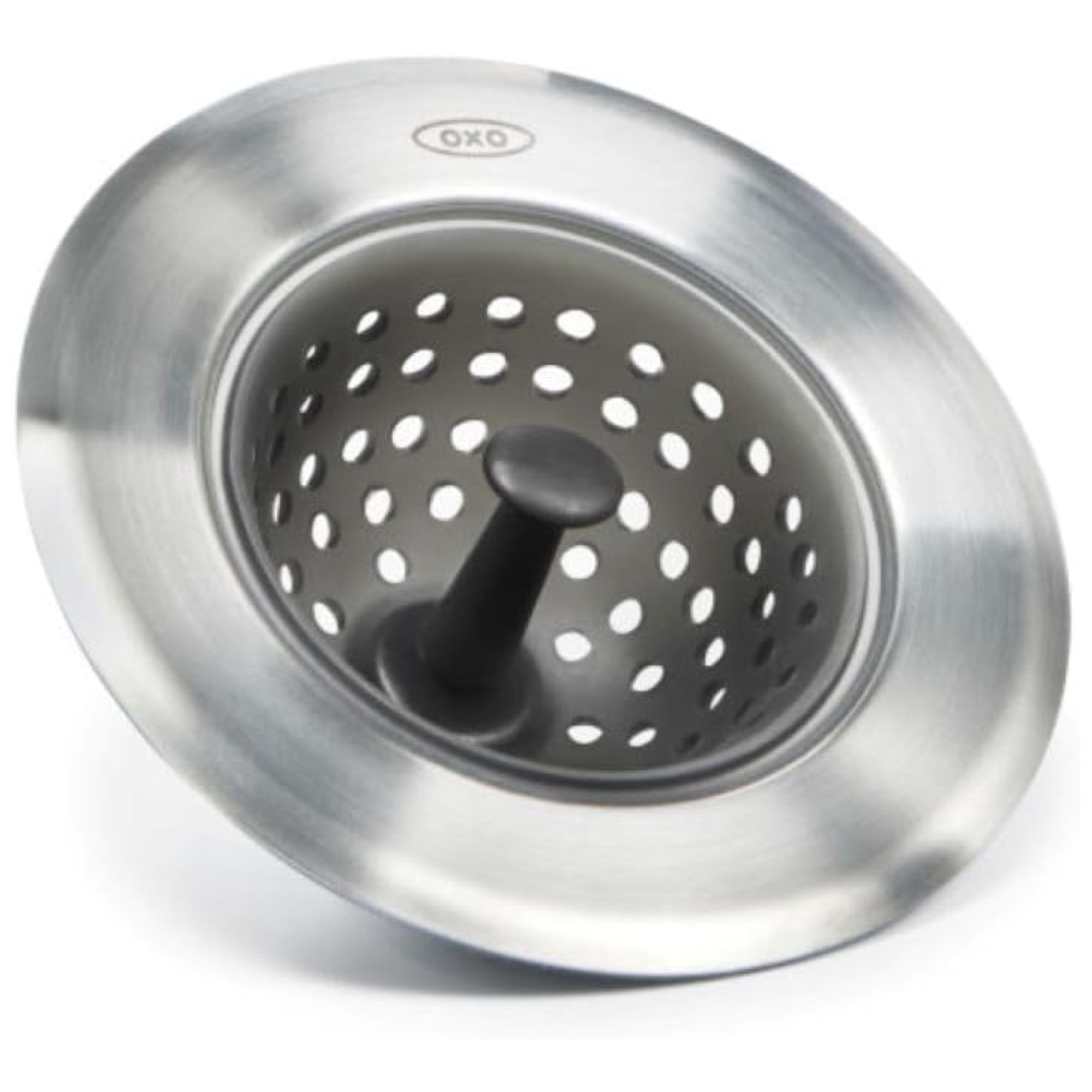
Avoid clogs from occurring in the first place by using this sink strainer, which won't cause scratching or damage in your sink, and is dishwasher safe for easy cleaning without handling.
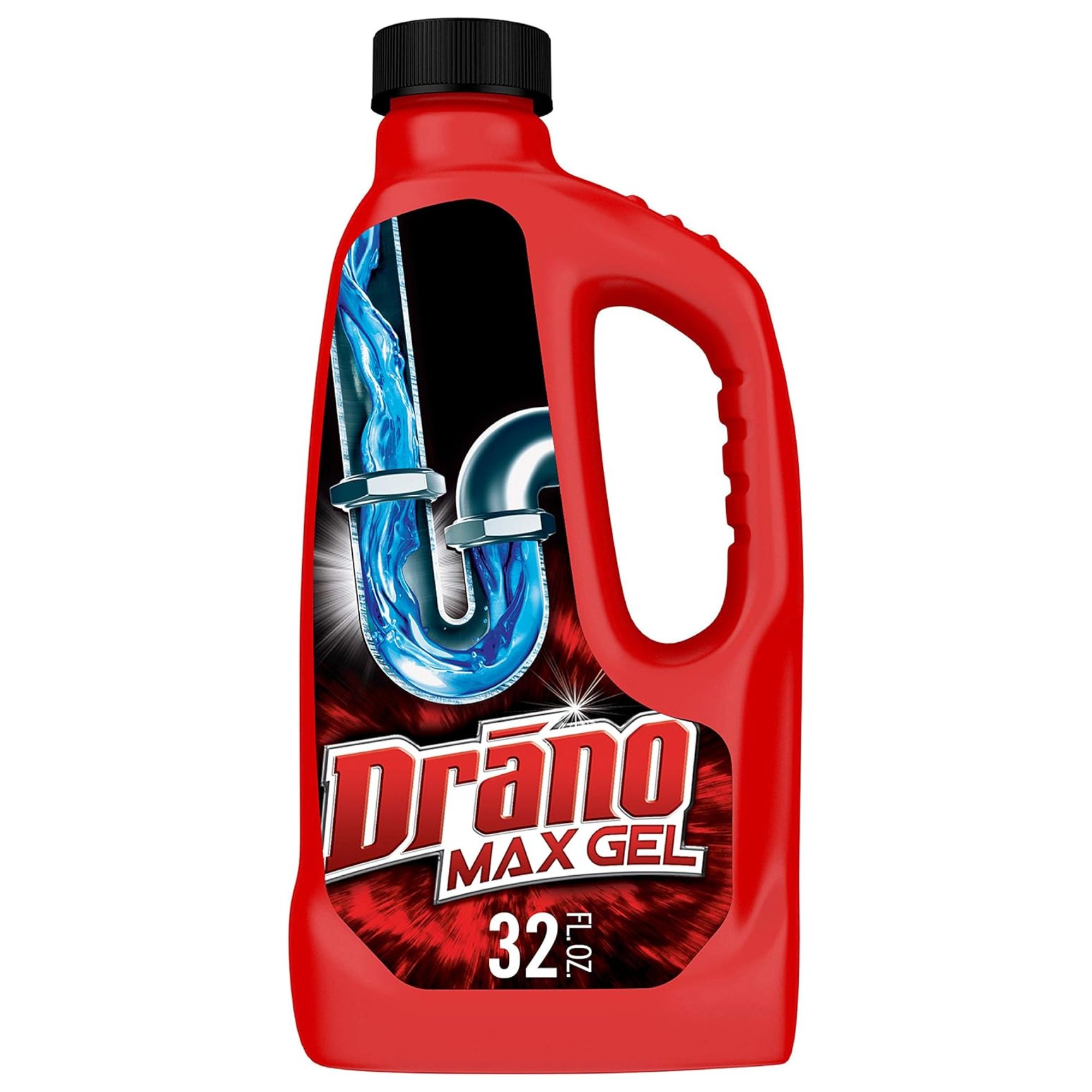
This gel removes clogs and is safe for both bathroom and kitchen sinks, with an ingredient to protect pipes from corrosion over time without compromising the efficacy of the clog remover.
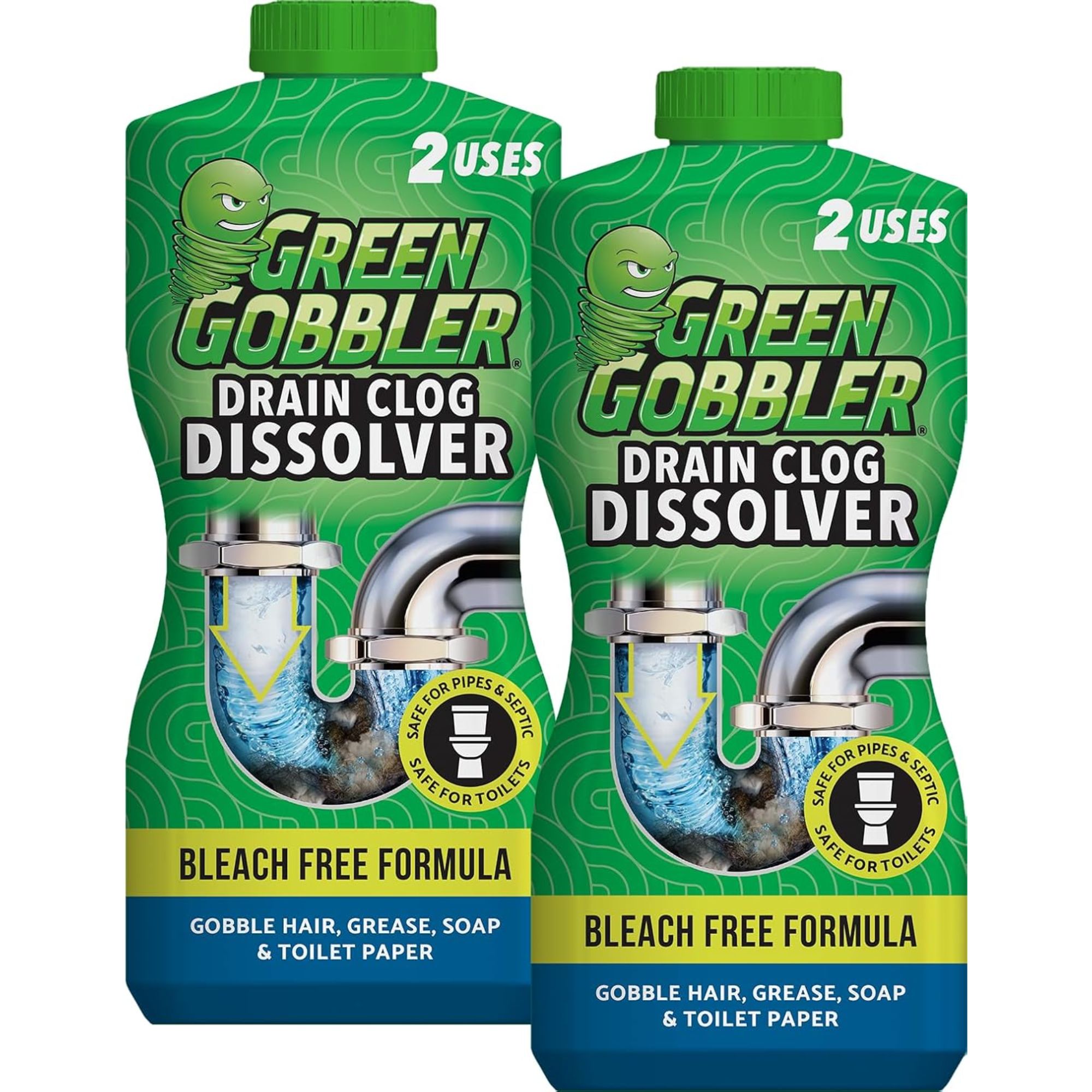
Bulk buy this safe to use and odor-free drain clog dissolver, which effectively removes blockages with a bleach-free formula that's also free of lye and VOCs.
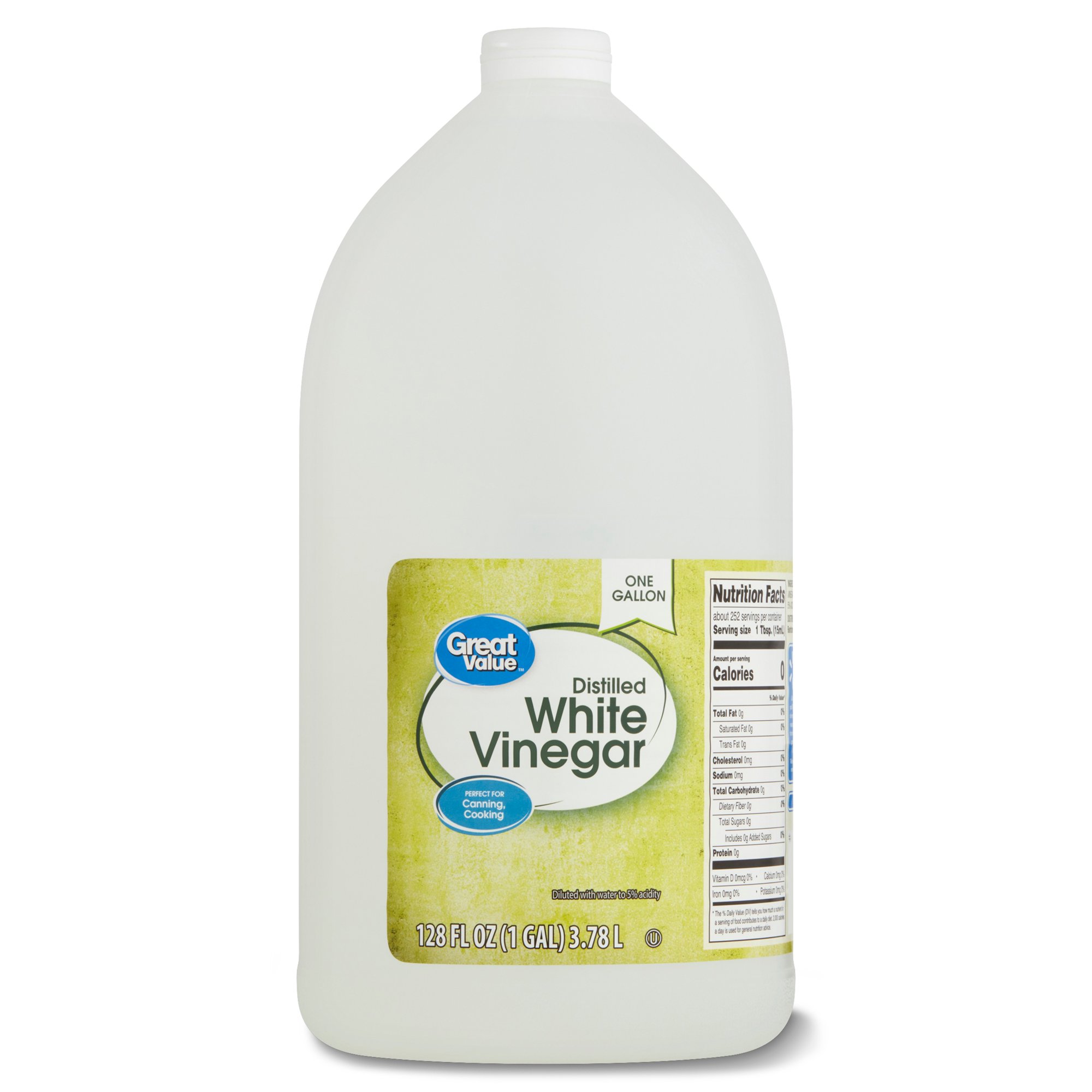
This large bottle of vinegar is ideal for pouring down drains to clear any minor blockages.
Meet the Expert

Air Conditioner Lab was founded by HVAC and tech enthusiast Josh in 2014, as a way for him to document his findings on home air conditioners and cooling methods. It's been featured on Apartment Therapy, The Spruce, Real Homes, House Beautiful and more.

Megan is a professional plumber, HVAC expert, and the owner of Doctor Fix It Plumbing, Heating, Cooling & Electric, a family-founded company serving the Denver area since 1978. She represents the second generation of leadership, taking over from her father, Steve Jusseaume, who started the business more than four decades ago.
You may also find yourself needing to unclog a yard drain, which can luckily be done yourself the majority of the time.

Ottilie joined Homes & Gardens in 2024 as the News Writer on Solved, after finishing a Master's in Magazine Journalism at City, University of London. Now, as the Sleep Editor, she spends her days hunting deals and producing content on all things sleep – from mattresses and sheets to protectors and pillows, all of which she tests in her own home. She also has particular expertise in home fragrance, covering everything from candles to reed diffusers.
Previously, she has written for Livingetc and Motorsport Magazine, and also has a Master's degree in English Literature and History of Art from the University of Edinburgh, where she developed a love for inspiring interiors and architecture.